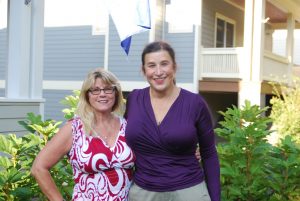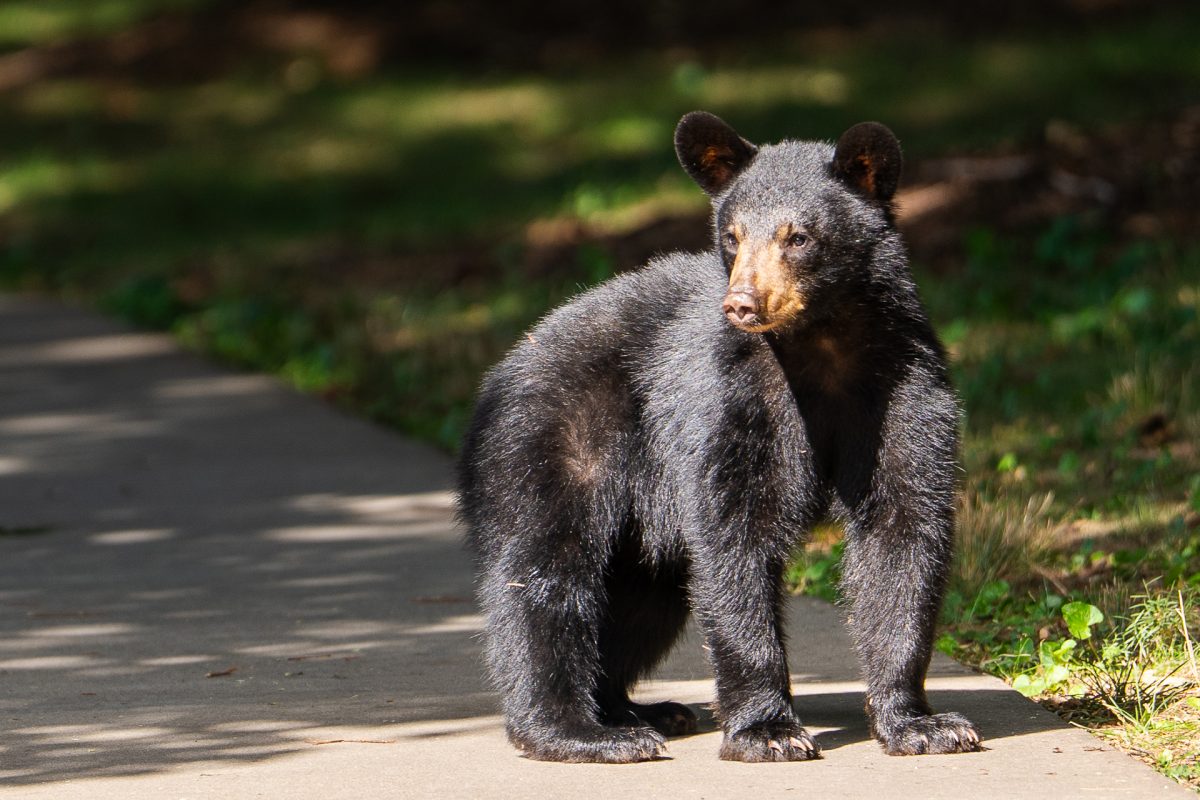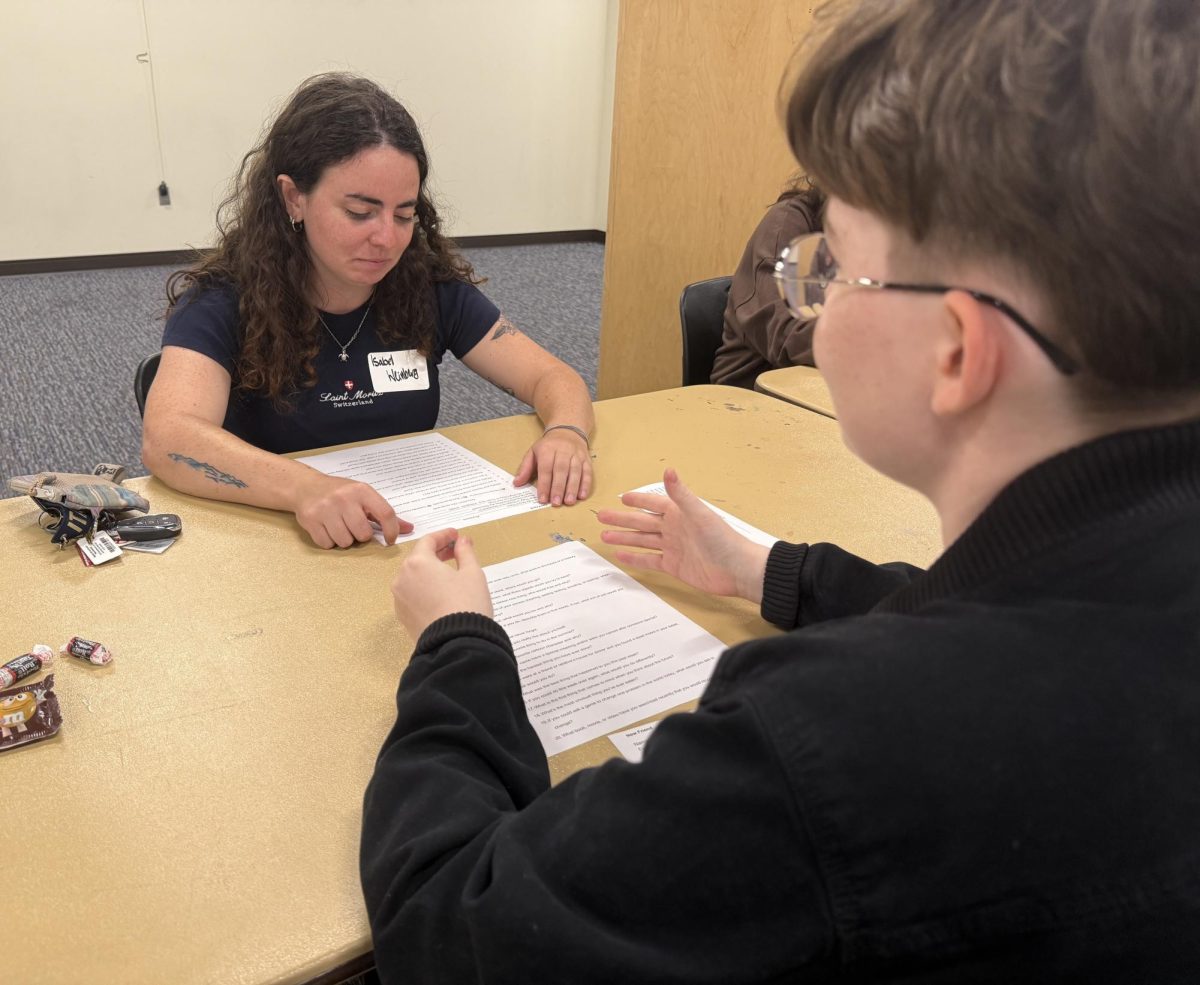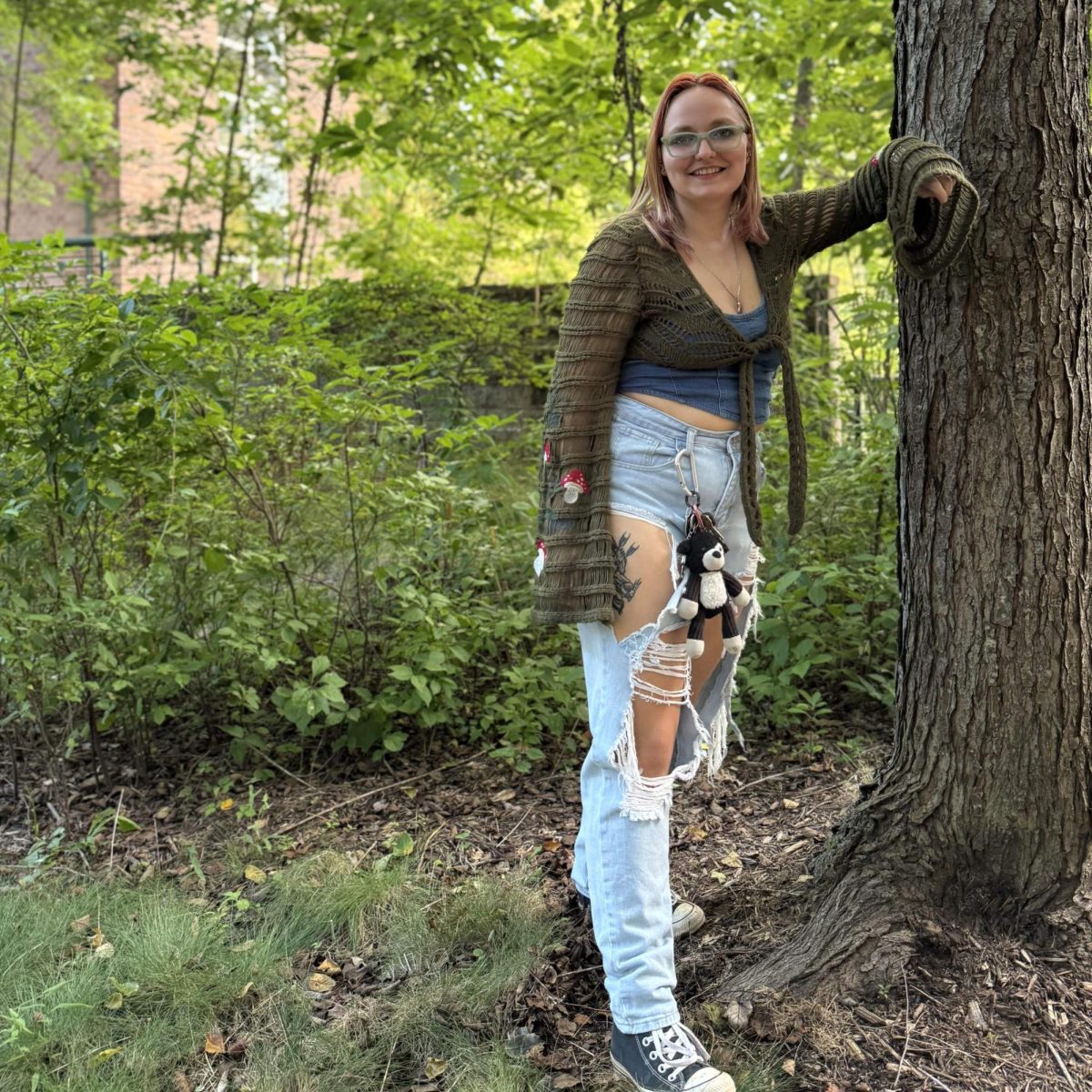Katie Walker
Arts & Features Staff
[email protected]
Labeled as one of the most accepting areas in the region, Asheville creates an illusion of a near perfect city for the LGBTQ+ community. While Asheville may be more accepting, many things keep the LGBTQ+ community from feeling fully accepted within the city.
“I think, and I am aware that I am guilty of this too, that many people think, ‘Oh I’m in Asheville where it’s so liberal and everyone is supportive and it’s great,’” said Kfir Wiener, a sophomore math student at UNC Asheville. “While it’s good, it’s not perfect and some people forget that.”
Wiener said small things can push the community further away from the rest of Asheville. Programs being gendered or gender neutral bathrooms being located in hard-to-find places make it difficult for everyone to feel included.
Tina White, executive director of the Blue Ridge Pride Center, said she sees two specific things affecting the western North Carolina LGBTQ+ community.
“The first thing I notice is that the WNC LGBTQ+ community is too silent. We don’t work together,” White said. “The second is that we know so little about the western North Carolina LGBTQ+ community other than there are about 40 thousand, 6 thousand trans people.”

The Blue Ridge Pride Center works to advocate for the LGBTQ+ community in WNC. White joined the organization this year after moving to Asheville from the North. White and her wife both wanted to leave their corporate lives and give back to the community that had treated her so well.
“I am a trans woman. I transitioned, I guess, four years ago now. My wife and I have been together for 20 years now, she stayed with me. I was very lucky,” White said. “My company kept me and treated me well, my family treated me well and that’s where I felt like if I wasn’t willing to pay forward then shame on me. So that’s when I started to do that and I ended up down here.”
Michael-David Carpenter, president of The Blue Ridge Pride Center, said he was drawn to the organization to be a part of planning solutions for the community because he saw the issues faced by those who identify as LGBTQ+.
“Being of the LGBTQ+ community, I wanted to be able to use any opportunity that I was fortunate enough to possess and use it for a greater good,” Carpenter said.
Previously, The Blue Ridge Pride Center put most of their efforts into planning Asheville Pride. White said she plans to expand the efforts of the organization to create a more inclusive environment for the LGBTQ+ community in Asheville.
“That’s our focus this year, is to shift our mission from just the festival to more involvement with the community and social advocation, but do it in partnership with all of the other organizations because there is a lot there to leverage,” White said.
White made progress with the expansion by talking to the surrounding universities about a potential LGBTQ+ film project. The project would look at the WNC LGBTQ+ community and focus on questions people may have and issues that are not well known.
Plans to fully put this into action will begin in November and continue into 2018. Called the Blue Ridge Alphabet Fund, this program will provide funding for student research projects relating to the WNC LGBTQ+ community.
“We need to know more about our community and educate more people about our community,” White said. “We are going to take some of the Pride proceeds to start the Alphabet Fund. We want to start providing small research grants or project grants to students, whether is it for film study or a research project.”
The Blue Ridge Pride Center wants to create a database available to the public which will showcase different places in the area that are welcoming of the LGBTQ+ community, including houses of worship.
Communities of Faith, currently available on the center’s website, puts together a list of different churches in the area accepting of the LGBTQ+ community. The list includes various religions.
White said plans to expand this service include launching the Blue Ridge Virtual LGBTQ+ Center. The virtual center will include not only churches but other services, events, classes and support groups for the LGBTQ+ community for free.
Another part of expansion will include the Welcoming Communities Program, including businesses, schools and other communities open to the LGBTQ+ community.
White said the purpose of the program will not only give people a chance to find places accepting of the community, but to shine light on the places that welcome everyone. She said she believes those who are hateful receive too much attention and those who are accepting should get recognition.
“We’re not asking for special treatment, we just want to have the same rights as everyone else,” Wiener said. “If you see something like that just point it out. If you’re organizing a program look and listen to feedback. It makes all the difference.”


![Brooke Pedersen [second from the right] and Luis Reyes [right] hold banners during the Wrap The Woods event.](https://thebluebanner.net/wp-content/uploads/2025/09/ELIZABETH_PRITCHITT_IMG_3470-1200x804.jpg)



















